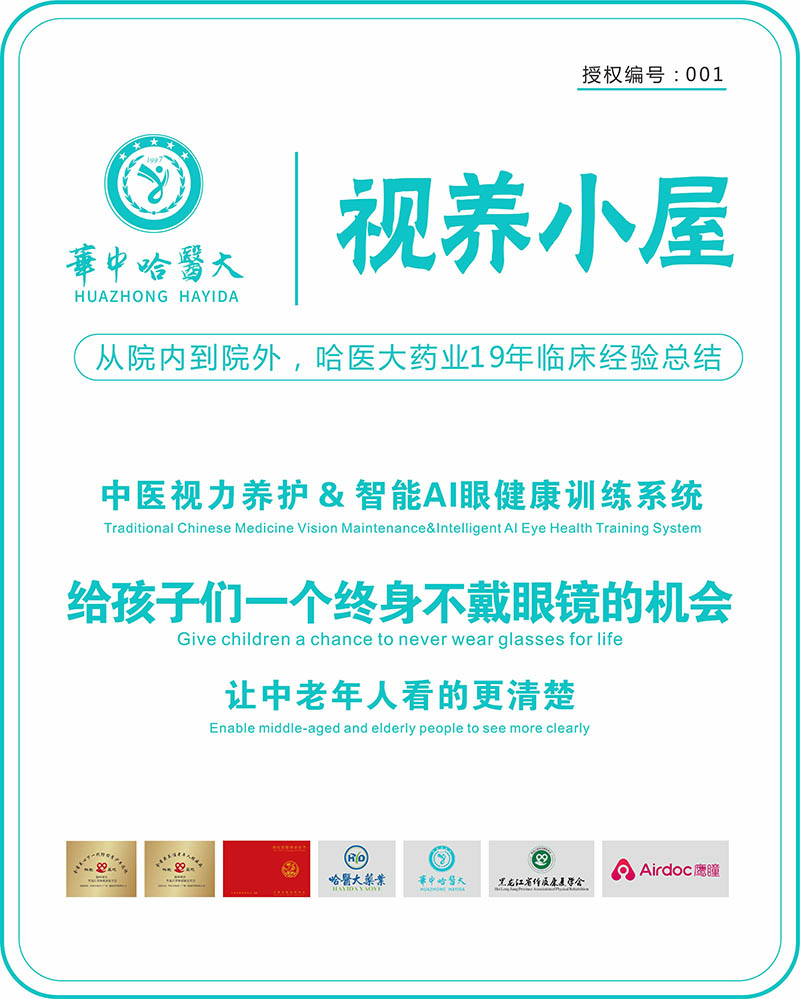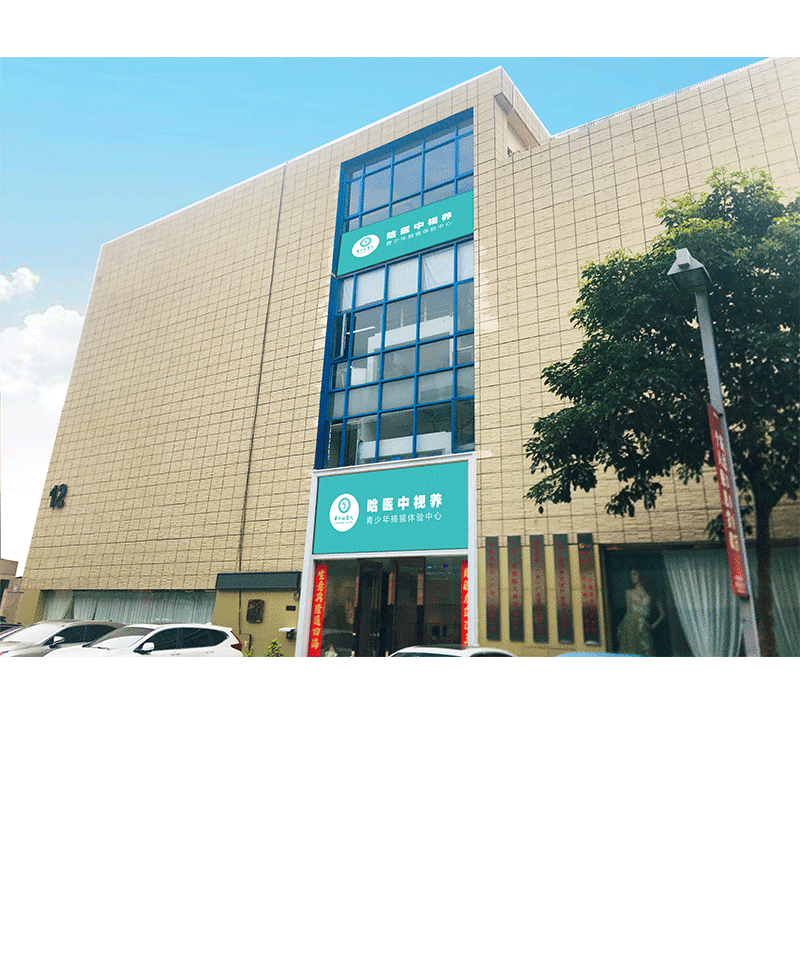
眼干眼疼视力下降中医病因治疗
Introduction
- What is dry eyes, eye pain, and decreased vision?
- Importance of maintaining good eye health
- Introduction to traditional Chinese medicine
Causes of Dry Eyes, Eye Pain, and Decreased Vision
- Environmental factors
- Air pollution
- Dry climate
- Aging
- Computer and smartphone usage
- Deficiency of Yin or body fluids
- Liver and Kidney imbalances
- Qi and Blood stagnation
Symptoms of Dry Eyes, Eye Pain, and Decreased Vision
- Dryness and irritation
- Blurry or fluctuating vision
- Eye discomfort or pain
- Sensitivity to light
- Redness and inflammation
Traditional Chinese Medicine Approaches to Treatment
1. Dietary adjustments
- Foods that nourish Yin and body fluids
- Foods that support liver and kidney health
2. Acupuncture and acupressure
- Specific acupoints for improving eye health
- Eye exercises and massages
3. Herbal remedies and supplements
- Chinese herbs for promoting eye health
- Supplements for supporting vision
4. Lifestyle modifications
- Proper eye care practices
- Reducing screen time and taking breaks
5. Qi and blood circulation techniques
- Qi Gong exercises
- Tai Chi movements for eye health
Frequently Asked Questions
Q1: Can traditional Chinese medicine completely cure dry eyes and eye pain?
A1: Traditional Chinese medicine aims to address the root causes of these conditions and offer relief. It may require an individualized treatment plan and consistent adherence to see significant improvements.
Q2: How long does it take to see results with traditional Chinese medicine?
A2: The duration of treatment varies depending on the severity of the condition and individual response. Some people notice improvements within weeks, while others may require a few months of consistent treatment.
Q3: Are there any side effects of using traditional Chinese medicine for eye health?
A3: When used correctly, traditional Chinese medicine is generally safe and well-tolerated. However, it is essential to consult a qualified practitioner and inform them of any existing medical conditions or medications to avoid potential interactions.
Q4: Can traditional Chinese medicine be used alongside conventional treatments?
A4: Yes, traditional Chinese medicine can complement conventional treatments for dry eyes, eye pain, and decreased vision. It is important to inform both healthcare providers and discuss potential interactions.
Q5: How can I find a qualified traditional Chinese medicine practitioner?
A5: Look for practitioners who are licensed/accredited, have relevant experience and positive reviews. Recommendations from trusted sources or referrals from healthcare professionals can also help in finding a qualified practitioner.
� 眼干眼疼视力下降中医病因治疗
� 健康
� 哈医中视养
� 中医养护视力品牌,全国招聘加盟商
哈医中视养是“哈医中视养(广州)健康管理有限公司旗下品牌,在“健康中国,全民护眼”的时代背景下,哈医中视养携手“华中哈医大*中医视力养护”项目团队,将哈医大药业19年临床经验总结的产品、技术引到院外市场,普惠大众,致力于为全龄段(3-120岁)人群提供眼健康一站式解决方案,用中医视力养护的方式,帮助更多孩子摘掉眼镜,让中老年人看的更清楚;给孩子们一个终身不戴眼镜的机会!
